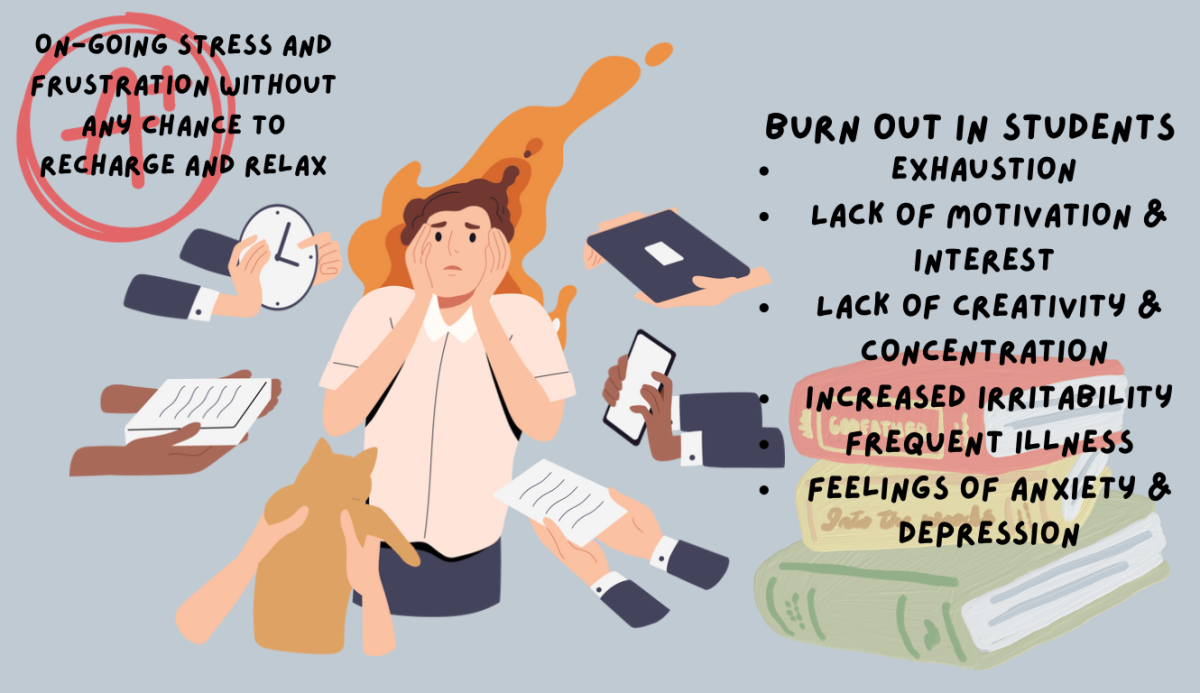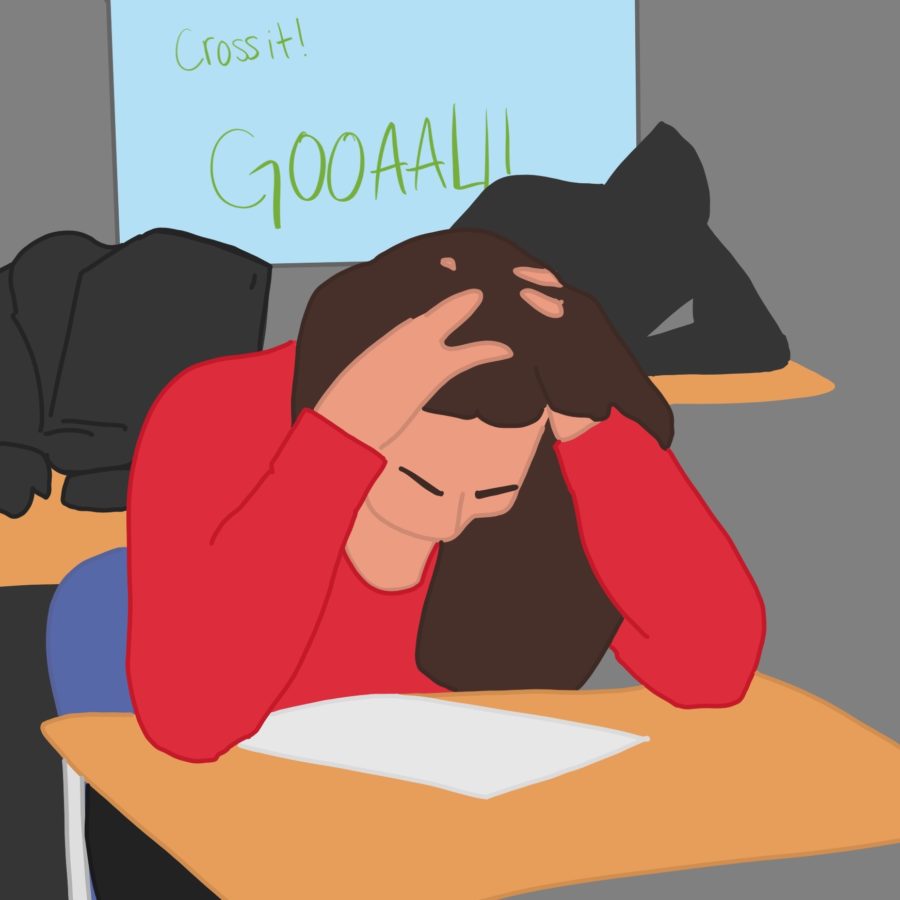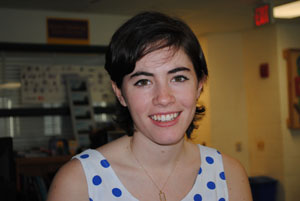As you comment on a Facebook photo or tweet about the sandwich you’re eating, someone else might be using the same social mediums to plot the next revolution. The mounting political upheaval in Egypt was mostly organized by the administrator of a Facebook fan page entitled “We Are All Khaled Said.” From this page, Wael Ghonim, who operated under the pseudonym El Shaheed, led a ferocious campaign against the police state, posting videos, photos and emotional pleas. Just as you may have created an event as a cry for phone numbers in wake of a lost cell phone, Ghonim created a protest event that called for political change, to which more than 50,000 people responded “Attending.”
In its anonymity, the Internet is perhaps the most democratic of political forums. Anyone can build an influential Facebook page with enough dedication and determination. In his daily life, Ghonim is nothing more than a young father of two who worked as a Head of Marketing at Google.
The Internet was such an effective tool because of its laissez-faire domain. The government can censor newspapers and television, bug phones and squash public demonstrations, but it can’t censor the entire Internet. Which is not to say it doesn’t try – the Egyptian government cut phone and Internet access in an attempt to stop the protests from spreading. But the seed was planted and it was too late.
The website WikiLeaks demonstrated this censorship-free power to an extreme by releasing official documents and exposing government secrets. The ensuing controversy only solidified the strength of the Internet and its instantaneous proliferation of information.
In Egypt, Tunisia, Russia, Zimbabwe, China and Iran, bloggers risk their lives to give truthful accounts of violence and oppressive politics. In Egypt, Dalia Ziada writes a blog in opposition to the Mubarak regime, providing insight into the attitudes of Egyptians during the revolts. In Saudi Arabia, Eman Al Nafjan updates her blog about discrimination against women and the abusive national security. In lieu of a reliable press, they often write what would otherwise go unpublished.
Some of the key components of the Internet – the opportunity to be anonymous, the ability to reach thousands of people, its lack of censorship – are credited with the degeneration of society. We constantly hear that the Internet is shortening our attention spans, destroying personal interaction and contributing to America’s obesity. To an extent, this is all correct. But when harnessed correctly, the same key components comprise a very powerful resource. Society, and the way we interact, is certainly shifting. But in many parts of the world, this isn’t necessarily a bad thing. In fact, it might be a really, really good thing.














































